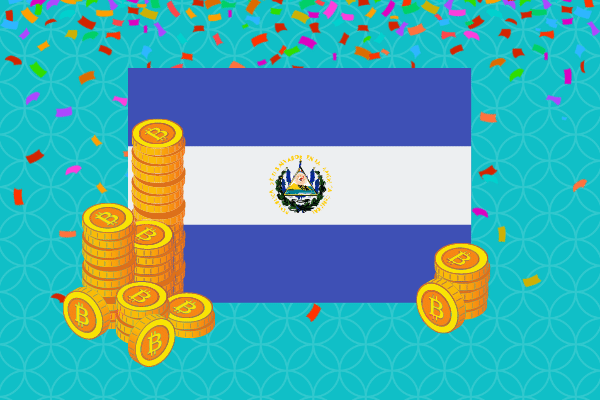El Salvador, which was the first nation to recognise Bitcoin as legal tender, has recently decided to remove all taxes on technological advancements. The action occurs concurrently with the opening of the Bitcoin office, also known as the National Bitcoin Office (ONBTC) of El Salvador.
El Salvador’s President Nayib Bukele regarded Bitcoin as a way to combat hyperinflation and reliance on the US dollar when he legalised it on September 7, 2021. El Salvador has restructured its Bitcoin investments over the past 18 months and has frequently used capital profits to finance the nation’s reconstruction.
Going forward with this plan, Bukele figured that reducing tax obligations could hasten technical advancement. Bukele introduced a proposal to Congress on April 1 that would virtually abolish all income, property, and capital gains taxes related to technology innovations. This entails “software programming, coding, apps, and AI development; as well as computing and communications hardware manufacturing.”
Done ✅ https://t.co/5CD6l3xJlC pic.twitter.com/vzKJ5rI3qv
— Nayib Bukele (@nayibbukele) March 31, 2023
The Bitcoin office, a regulatory organisation for carrying out cooperative efforts with Bitcoin entrepreneurs and companies, was established to support this ambition. The goal of ONBTC is to set up El Salvador as a global technological and economic powerhouse, according to the Bitcoin Association of El Salvador.
Many people were wary and concerned about the possible consequences when President Bukele made the controversial move to make bitcoin legal tender in his nation.
The most recent reports from El Salvador, nevertheless, imply that the government’s wager on cryptocurrencies is going well. Alejandro Zelaya, the Treasury Minister, claims that the government has successfully settled one of the two $800 million debts that were still outstanding. The action is likely to calm worries about a potential default, which had grown as the country’s use of bitcoin rose.



